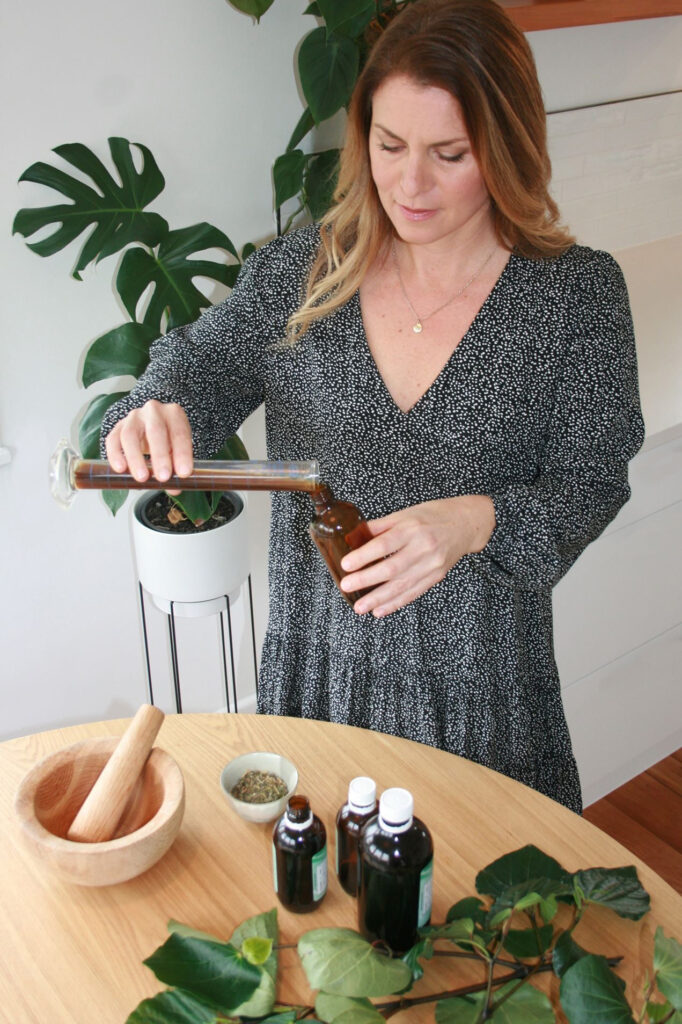Naturopathy or naturopathic medicine honors the healing power of nature and the innate ability of the body to heal, and provides sustainable tools for lifelong wellness. The unique feature of a naturopathic approach is the personalised care, and time given to each client to share their story.
Naturopaths seek to identify underlying causes of health issues, whether that be of a physical, nutritional, environmental, emotional or psychological origin. Treating the person as a whole with a focus on restoring body systems that are out of balance is central to this modality. A holistic approach with careful consideration of all aspects of a person’s life is involved when preparing a treatment plan.
A variety of interventions are used, from talking to understand a client’s goals and motivate healthy changes; lifestyle and nutritional recommendations; prescribing herbal formulas and supplements; as well as recommending blood tests and functional testing. At times, naturopaths may refer on to GPs, or other services such as osteopathy, acupuncture and counselling.
• First do no harm
• The healing power of nature
• Identify and treat the causes
• Treat the whole person
• Doctor as teacher
• Prevention

Health is a state of complete harmony of the mind, body and spirit…
Also known as plant medicine or phytomedicine, herbal medicine remains the most widely used system of medicine in the world, incorporating traditional knowledge that has been passed down over the generations.
Medicinal herbs have been shown through research and empirical evidence to have therapeutic and healing properties. They contain minerals, vitamins and special phytochemicals that have positive actions in the body, and effectively restore balance in the body. A high percentage of pharmaceutical drugs are still made from plant derivatives, but don’t have the synergistic and long-lasting benefits that herbal medicine provides, often with less side effects as well.
Kawakawa (Piper methysticum) is a favourite New Zealand native, and is an important healing herb in Rongoā Māori. Traditionally the leaves were infused or chewed to aid with stomach pains and indigestion, especially due to over indulgence. Kawakawa is mainly used for gastrointestinal pains, skin conditions such as eczema, urinary issues, coughs, and general debility. Paired with ginger, Kawakawa makes a wonderful tonic as a digestive aid and may relieve IBS, period pain, abdominal cramping, and help improve circulation.
Withania (Withania somnifera), widely known as ashwagandha, is the mother of all adaptogens (herbs that help the body respond and adapt to stress). Withania has a positive effect on brain and thyroid function, and naturally contains iron making it a useful treatment in people with low iron levels. Its rejuvenating action will gently stimulate and rebuild the body back to health.
Lion’s mane (Hericium erinaceus), also called “bearded tooth fungus”, is an impressive looking mushroom that grows on hardwoods. Its main indications are for mild depression and anxiety, anti-aging, improving mood during menopause, as a cancer treatment adjunct, and may protect against dementia.
As a qualified herbalist, Verity can prepare a formulation of medicinal-grade herbs to meet your individual needs.

© 2021 Verity Natural Health